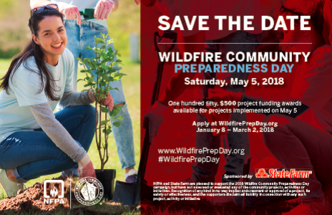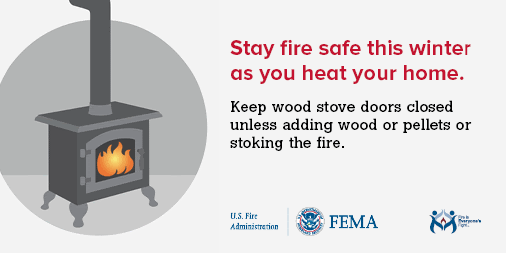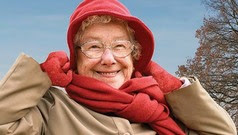
Strengthen your wildfire preparedness by participating in next year’s Wildfire Community Preparedness Day on May 5, 2018.
This opportunity encourages communities to work together to address their wildfire risk.
Develop a plan now to collaborate with agency partners and identify the risks to your community. The National Fire Protection Association’s Firewise USA site has resources you can use to understand what your risks are in the home ignition zone.
Create your plan and get ready to apply next year from January 8 through March 2, 2018, for one of 150 funding awards. Participate on this day to be a part of helping to create safer, more resilient communities across the Nation.
|
SPC Apr 24, 2024 0600 UTC Day 1 Convective Outlook
-
SPC 1200Z Day 1 Outlook
[image: Day 1 Outlook Image]
Day 1 Convective Outlook
NWS Storm Prediction Center Norman OK
1238 AM CDT Wed Apr 24 2024
Valid 2...
1 hour ago






